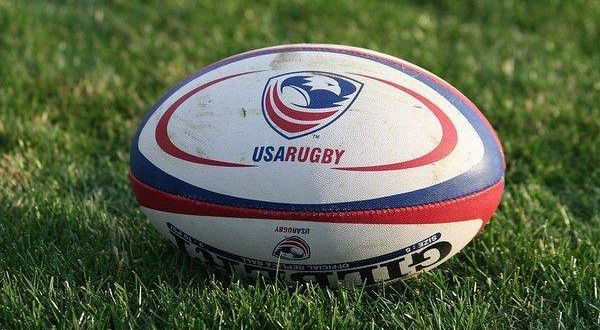At a time when finances are tightly squeezed, South Africa cannot be blind to the commercial opportunity of involvement in the US market, writes ANDRE-PIERRE CRONJE.
Read More: Jurie Roux: Icasa ‘remedies’ would ruin SA Rugby
The market value of American sport is estimated to be somewhere in the region of $80 billion annually. To put that in perspective: that’s more than the GDP of Luxembourg. And while rugby may currently represent only a minuscule fraction of that value, it has some serious growth potential.
Rugby is the fastest-growing sport in the USA. Over the past decade, the number of registered players has increased by 30,000 to over 110,000; more than Argentina, Ireland and Wales. The introduction of Major League Rugby (MLR) as the States’ first proper professional league will boost this number even further as rugby gains traction among the sports-mad American public.
The early signs are there: MLR is contested by thirteen teams from cities across the USA and Canada. The tournament has introduced five new sides over the past two years. The MLR Twitter account currently has 20,000 followers; by comparison, the Currie Cup account has half that. Although a crude analogy, the fact remains that MLR and American rugby as a whole have substantial early interest among fans.
America is also well positioned to capitalise on this interest and accelerate the growth of its rugby. It does not lack for resources or infrastructure. Many college rugby teams play in stadiums larger than those of some top-flight European clubs and players at all levels have access to top-of-the-range gym facilities and equipment. MLR is screened by broadcasting titans ESPN, Fox Sports and CBS and can be projected into the homes of millions.
South Africa would do well to involve itself in some capacity in American rugby as its growth curve may be set to increase exponentially. There is a prevailing feeling that US rugby may be at a take-off point, and some recent commercial rumblings underscore this.
US private-equity firm Silver Lake is currently in talks to acquire a 15% stake in New Zealand’s All Blacks for an estimated $2bn. Should the deal go through, it would be logical to expect the All Blacks brand to look to break into the American market. The first steps have already been taken with New Zealand playing an exhibition match against Ireland in front 60,000 spectators at Soldier Field in Chicago.
South Africa, for its part, has more tentative (but not negligible) links to America. It, too, has played an exhibition match in the States – though it was a drab and hastily organised affair played in the pouring rain by a B team. On the commercial front, musician Jay-Z’s management company Roc Nation has Springbok captain Siya Kolisi on its books and US firm MVM Holdings has just acquired a controlling stake in the Sharks franchise.
Perhaps most promising is that the man in charge of the USA national team is Gary Gold. Gold has a long history of involvement with Springbok rugby and, if approached, may be able to grease the wheels for a closer relationship between his current and former employers.
A historic Test series between South Africa and the USA played across the American continent could be a golden opportunity to introduce the Springbok brand to the American public and establish a close long-term relationship.
The financial benefits of being involved in the US market are self-explanatory. To paraphrase the great Frank Sinatra: ‘If you can make it here, you can make it anywhere.’ It’s an opportunity that Jurie Roux and SA Rugby should not let pass – lest the All Blacks, England or any other team get there first.




